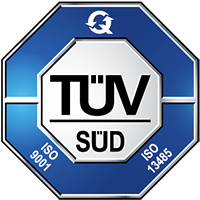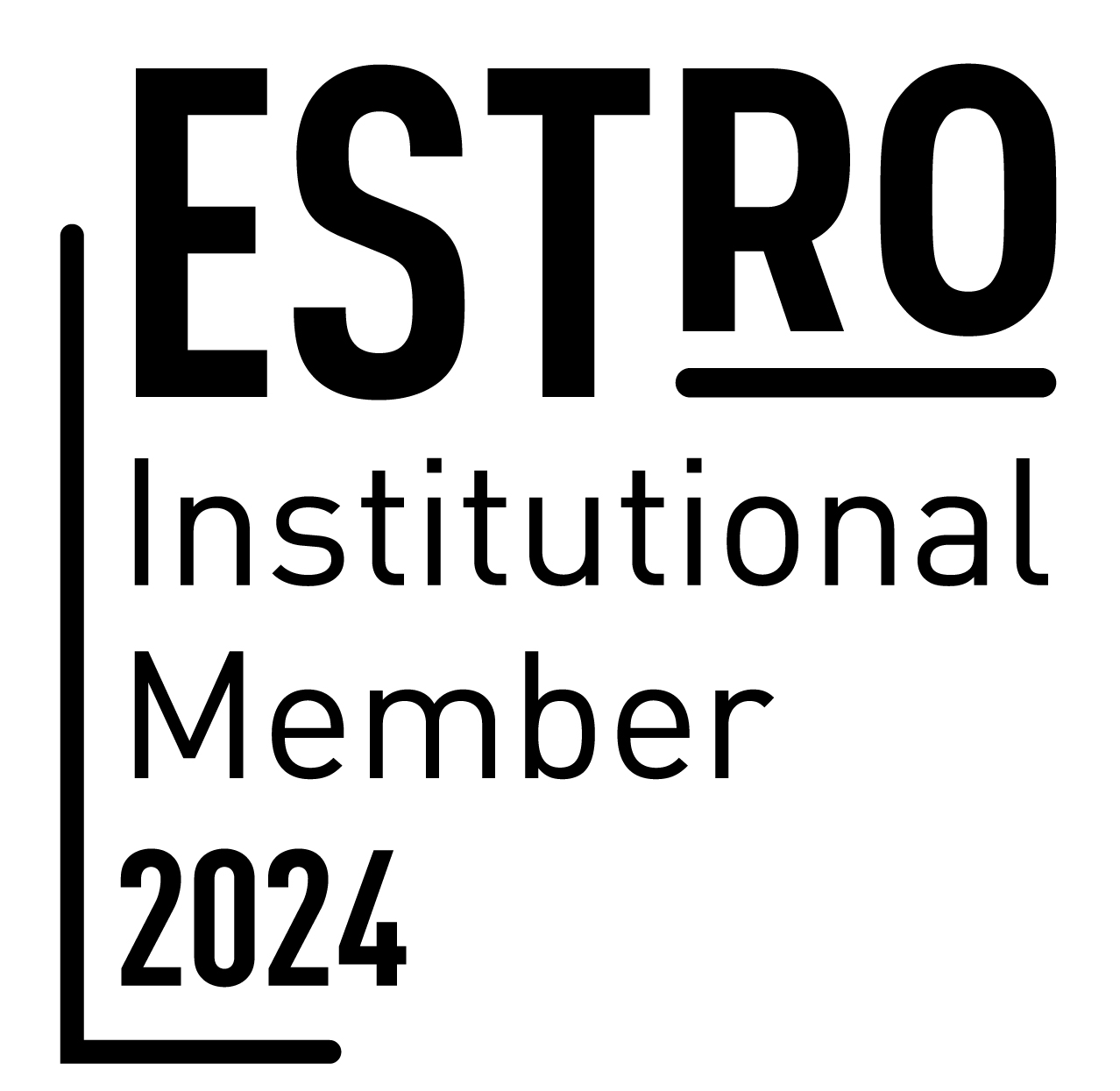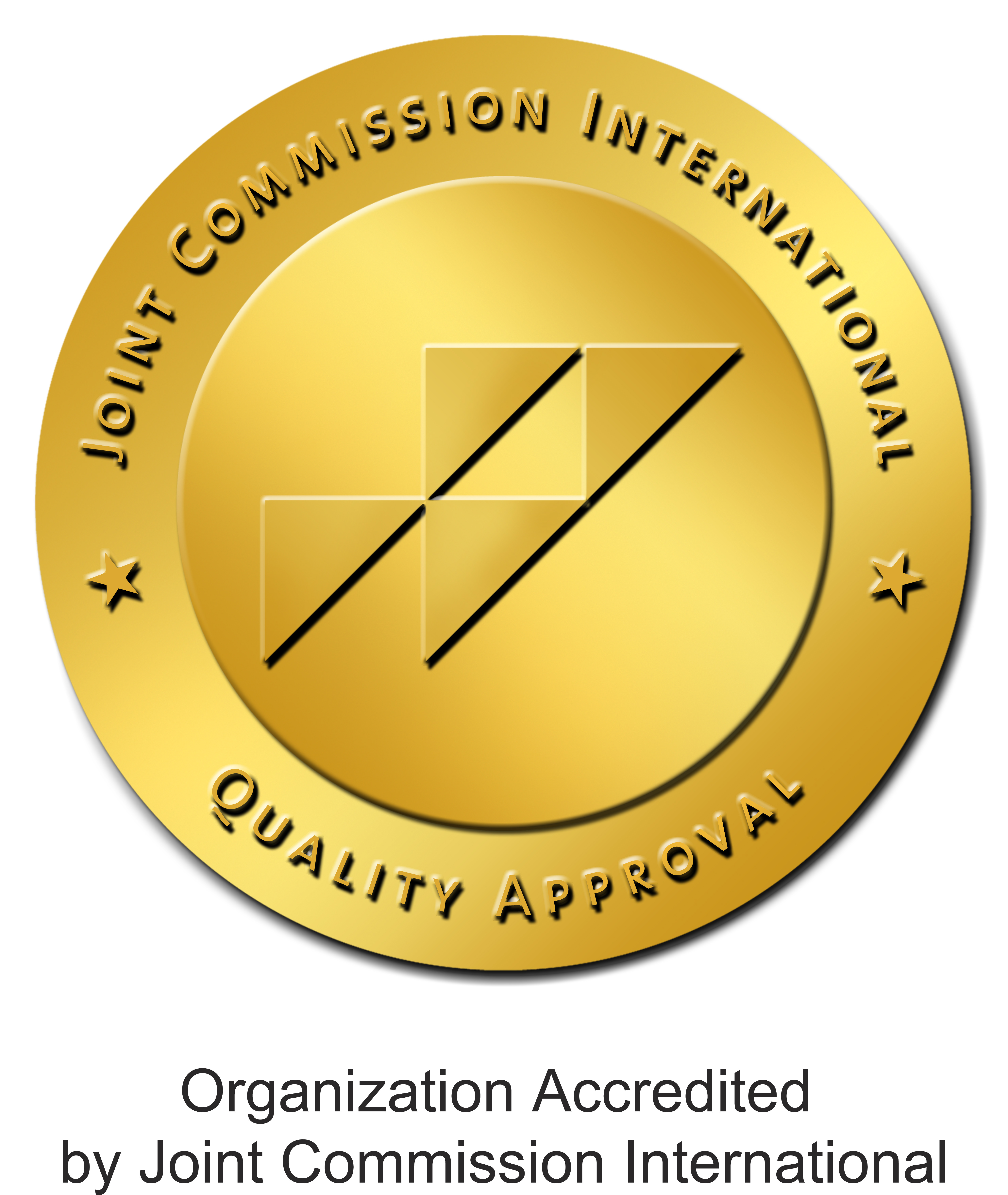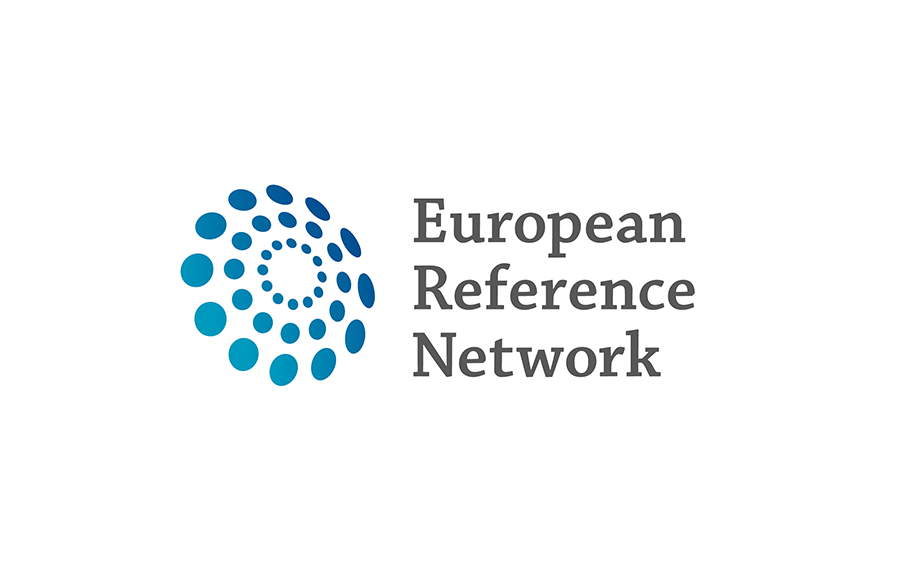Pathologies that can be potentially treated with hadrontherapy
Tumours in patients with genetic syndromes
Want to submit your case? Click HERE
Tumours are pathologies that develop when a mutation occurs in certain cells. These mutations can be caused by some factors such as lifestyle and personal habits or, in rarer cases, individuals may be born with hereditary genetic mutations.
Alterations in the genetic background are hereditarily transmitted, so the closer the degree of kinship with the carrier of the genetic mutation, the higher the chances of inheriting it. If one of the two parents is found to have one of these alterations, their children have a 50% chance of presenting the same mutation.
Having an altered genetic background since birth is not a definite diagnosis of cancer, but it is one of the risk factors of this disease. This means that such individuals are more likely to develop certain tumours than an individual whose genetic background is not altered.
There are some peculiar characteristics that may lead to suspect a genetic predisposition to develop the disease, such as:
- Multiple cases in the family, found over several generations
- Very early developmental age of the neoplasm
- Several family cases of rare tumours
- More than one case of paediatric tumours in siblings
- Development of multiple tumours in the same individual
- Cases of bilateral tumour (breast, eyes, ears)
Multiple cases of cancer in the same family may give rise to a presupposition of a genetic component, yet in most cases, the development of the same (or similar) neoplasm is simply due to a number of common risk factors, such as lifestyle or eating habits.
In case of suspected hereditary predisposition, the oncologist may recommend a genetic test. Among all the cases of cancer, only about 5-10% have been found to have genetic mutations attributable to a hereditary factor.
The pathologies that may give rise to a presupposition of a genetic onset are more than 50, including:
- Neurofibromatosis type 1
- Neurofibromatosis type 2
- Familial adenomatous polyposis (FAP)
- Li-Fraumeni syndrome
- Gorlin syndrome
- Cowden syndrome
- Lynch syndrome
- Von Hippel-Lindau syndrome
- Turcot syndrome
- Peutz-Jeghers syndrome
- Juvenile polyposis syndrome (JPS)
- Polyposis associated with POLE and POLD1 exonuclease domain mutations (PPAP)
- Multiple endocrine neoplasms (MEN)
- MEN 1 (Wermer syndrome)
- MEN 2a (Sipple syndrome)
- MEN 2b (previously known as MEN 3)
Hadrontherapy has proven to be effective to treat neoplasms in individuals with genetic syndromes as it reduces the increased susceptibility to radiation damage and the onset of secondary tumours in these patients.













